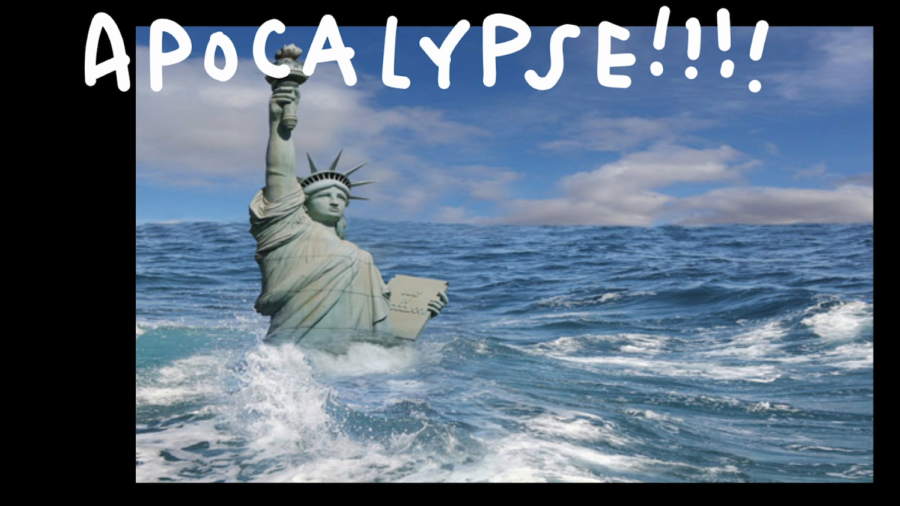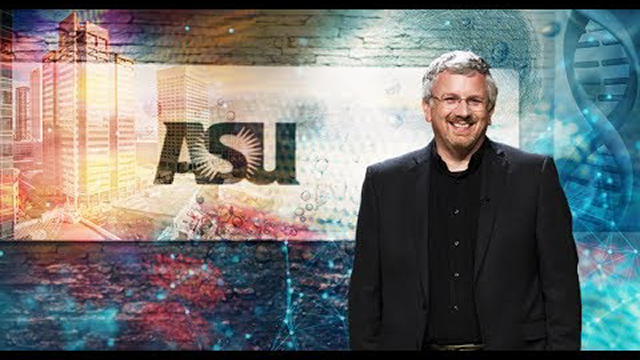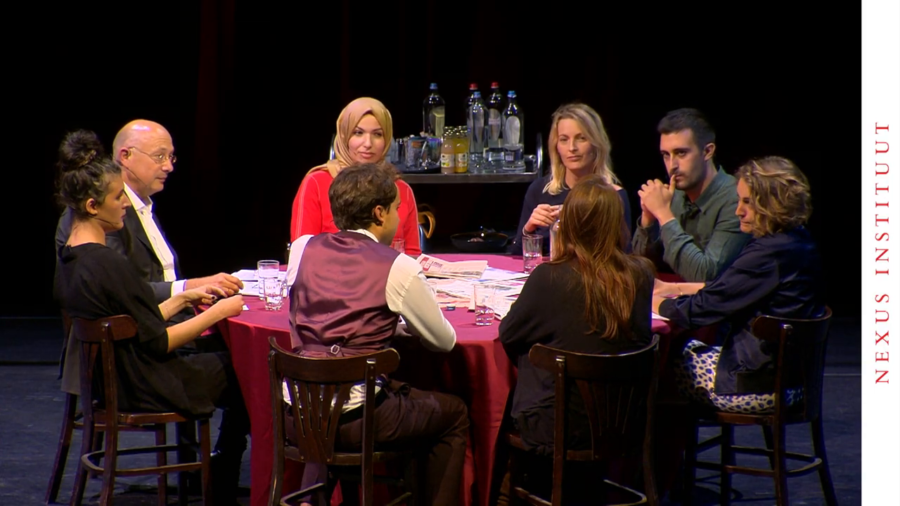We really seem to indulge in dystopian thinking. And we love it. And I really wonder why that happens. I don’t know how you feel about this, but it really stresses me out. And it kind of bothers me that it’s still a lot of times easier to imagine the end of the world than how we could live on a sustainable planet.
Archive (Page 1 of 3)
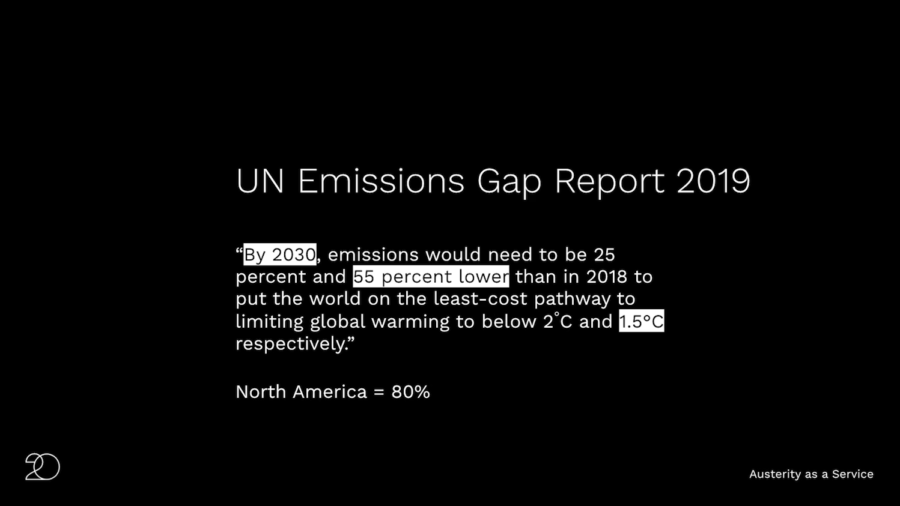
As a human-centered designer what is my role, what is our role, in this kind of bigger picture? If this is the dominant lens of society, what’s our contribution?
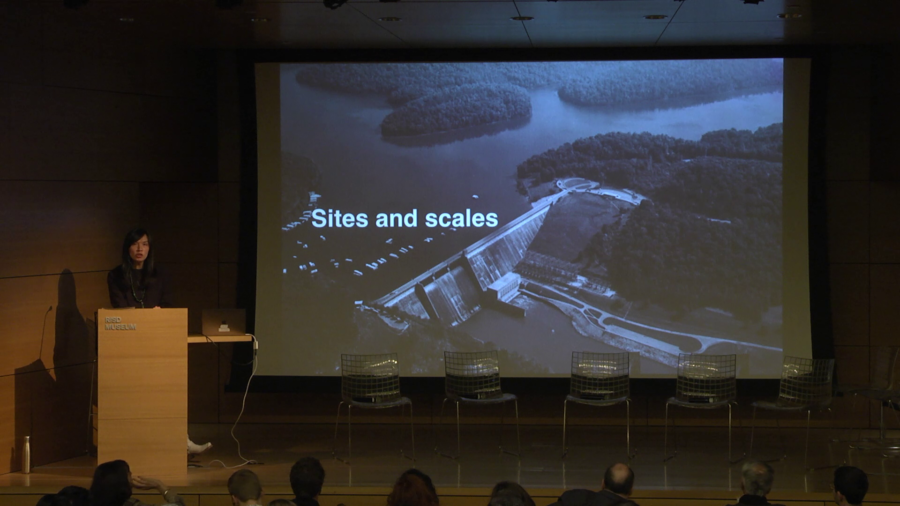
The urgency of climate change and the rise of a grassroots legislative political environmental movement in the United States should change the way urban planners think and act on spatial change and social justice.
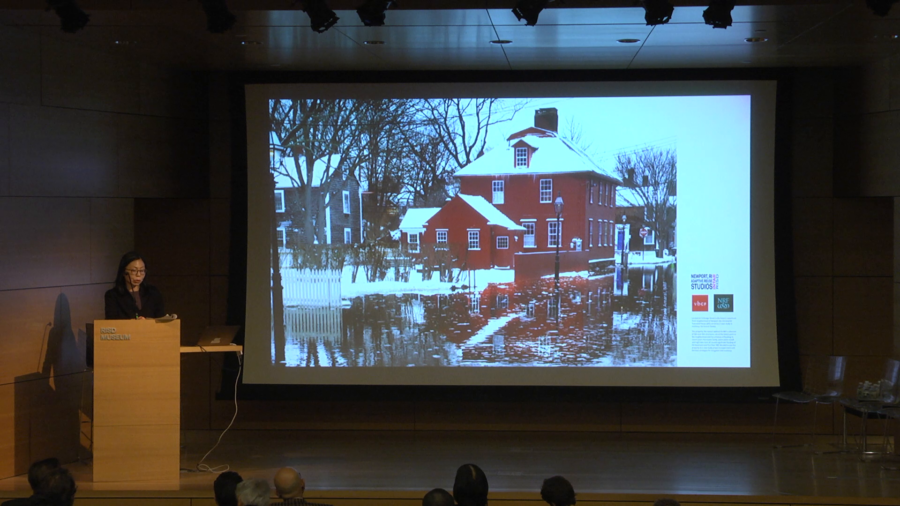
Projecting Change was part our post-professional MA in Adaptive Reuse program. It was inspired by the effects of Hurricane Sandy, which turned Newport, Rhode Island into a lake.
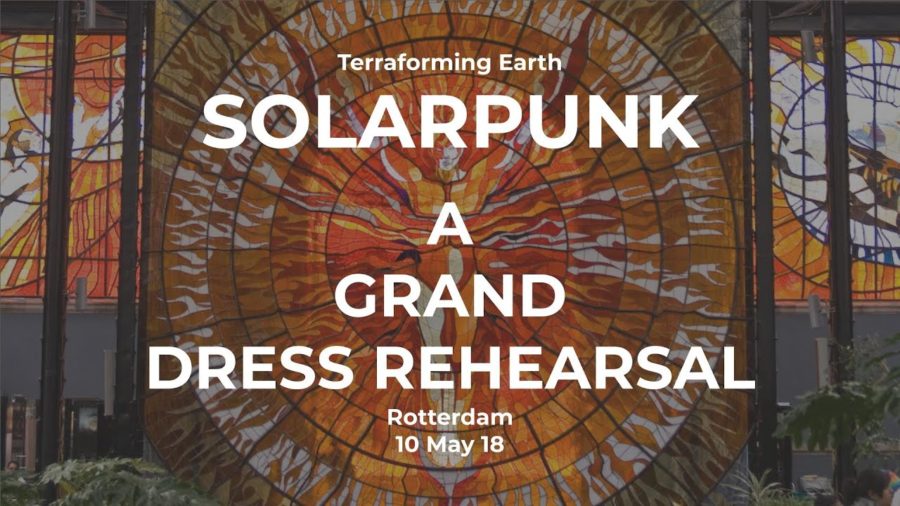
Many of the concerns of the cyberpunk genre have come true. The rise of corporate power, ubiquitous computation, and the like. Robot limbs and cool VR goggles. But in many ways, it’s far far worse.
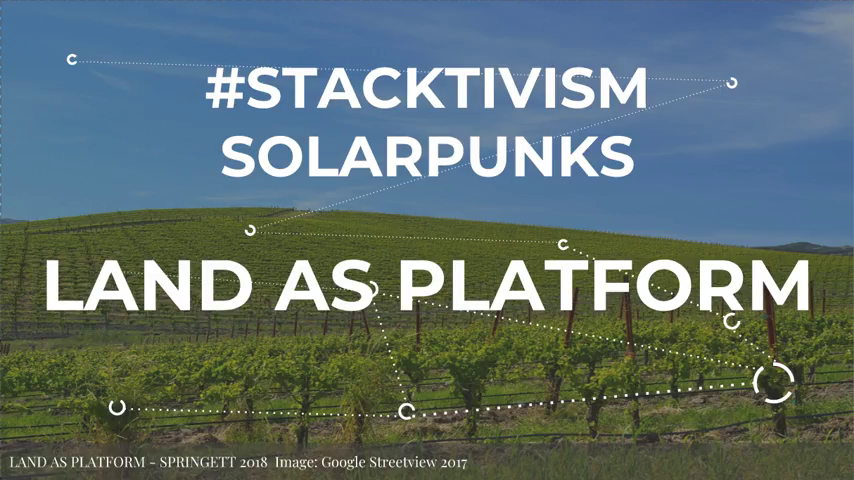
When we think about short-term thinking, how short-term is short-term? Because if you plant a tree, like an oak tree, it takes 100 to 120 years for an oak tree to be fully grown. So anything between the point in which you plant the tree to when the tree is fully grown is short-term thinking, when we speak about land.
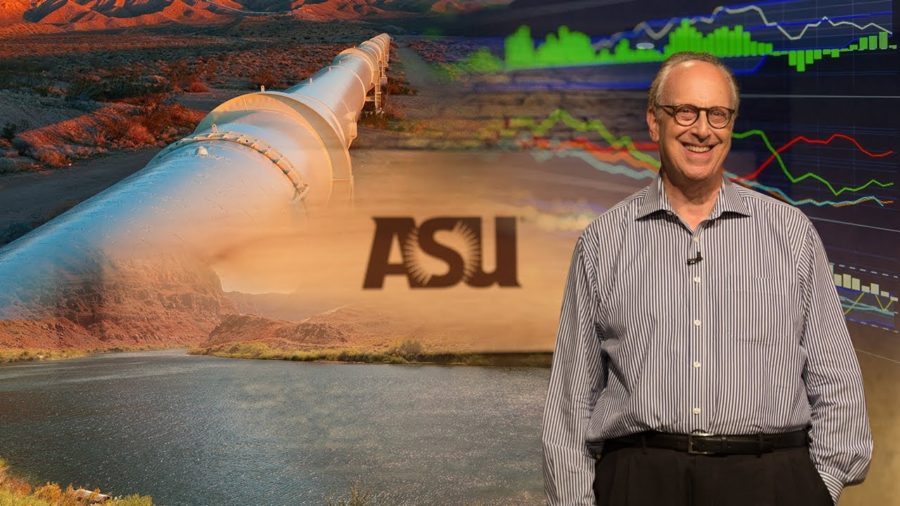
Water is a difficult commodity. It is free, and yet costly. It is simultaneously a private good, and a public good. It helps cities flourish financially, but now it is their financial burden. Almost nobody pays for the water per se. The cost of water is the cost of making it available at the right time, in the right place, and with the right quality.
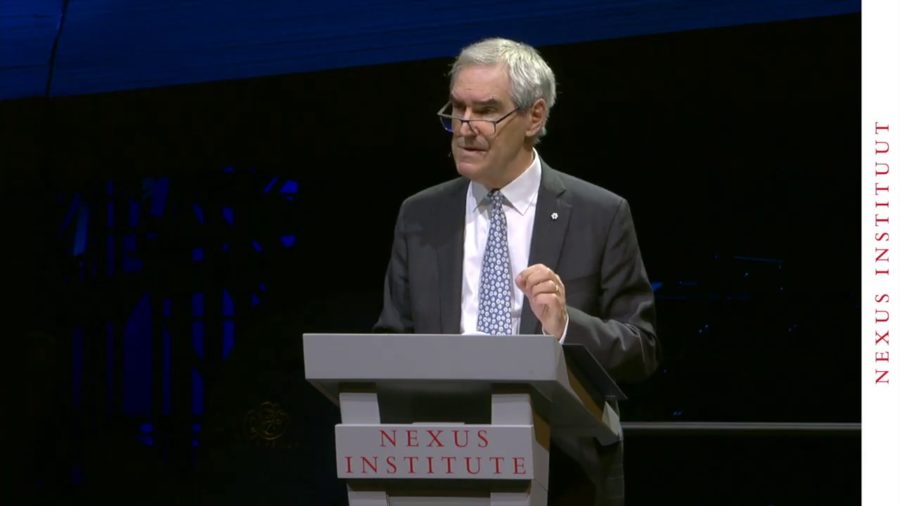
This emerging narrative of catastrophe is putting enormous pressure on all our political beliefs. Now there’s still some conservative parties, some US Republicans for example, who deny the basic facts, but we can be pretty sure I think that any politics that denies the facts doesn’t have much of a future.

